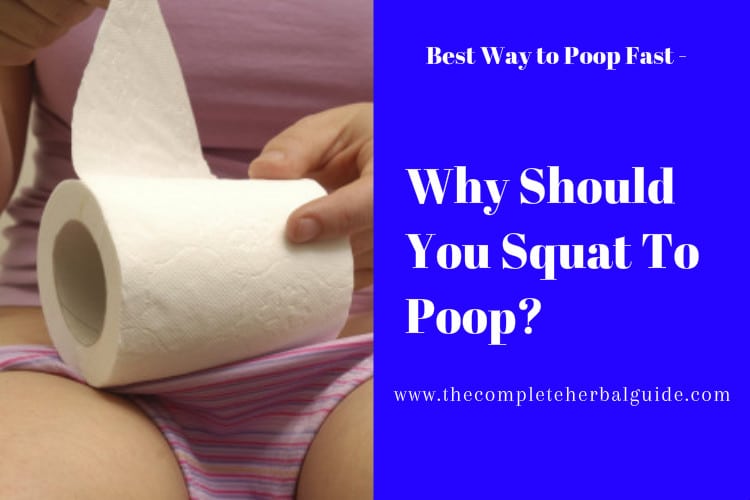
A Fiber Filled Constipation Remedy
Everyone experiences a bout of constipation now and then. If you have constipation more than occasionally or have severe pain or bleeding, you should definitely see your doctor — these are possible signs of serious digestive disorders. But often constipations is simply the result of consuming too little fiber, and adding more fiber to your diet is the simple remedy. The average adult needs between 25 and 30 grams of fiber a day to ward off constipation, far less than most of us typically eat. But to avoid bloating and cramping, you don’t want to suddenly go from eating 10 grams of fiber to 25 in a day, says Charlene Prather, MD, advisor to the International Foundation for Functional Gastrointestinal Disorders and an associate professor of internal medicine at St. Louis University Medical School in Missouri. Add more fiber-filled foods to your diet gradually, and be sure to drink plenty of fluids to help the fiber flow properly through your digestive tract.
Table of Contents
Pick Berries for a Sweet Treat
For a sweet constipation remedy, take your pick of luscious raspberries, blackberries, and strawberries. “All are examples of fruits that have a good amount of fiber,” Dr. Prather says. A half-cup of fresh strawberries provides 2 grams of fiber while the same size serving of blackberries will provide 3.8 grams and raspberries 4 grams. Berries also are low in calories, so you can eat a big bowl of plain berries with low-fat whipped cream as dessert or toss them on your breakfast cereal, or mix them in pancakes.
Pop Some Air-Popped Popcorn
“Popcorn is a great low-calorie way to get more fiber in your diet,” Prather says. However, if you pile on the salt and butter, you could undo some of its benefits. Go for air-popped or a healthy variety of microwave popcorn. Popcorn is a whole grain, and increasing the whole-grains in your diet is an effective constipation remedy.
Try Beans for a Big Fiber Boost
Cup for a cup, beans can provide twice as much fiber as most vegetables. A half-cup serving of navy beans will provide 9.5 grams of fiber, while a similar size serving of kidney beans provides 8.2 grams. Lima beans, great Northern, and pinto have a little less, but still, pack whopping 6-plus grams of fiber per half-cup. Beans are incredibly versatile and can be tossed into any number of salads, soups, casseroles, and pasta.
Snack on Dried Fruit
Dried fruits, such as dates, figs, prunes, apricots, and raisins, are another great source of dietary fiber that acts as constipation relief. “Prunes, in particular, are great because they not only are high in fiber but also contain sorbitol, which is a natural laxative,” Prather says. Like fiber, sorbitol is a type of carbohydrate and has a molecular structure similar to sugar. Fiber isn’t digested and so it retains water as it passes through your gut. The water softens your stool – helping relieve constipation.
Switch to Whole-Grain Bread
If you want to keep constipation at bay, then the bread you eat should be made from whole grains. Whole-grain bread are low in fat and high in dietary fiber and complex carbohydrates. Check the label before buying: The first ingredient should say “whole” before the grain, such as “whole-wheat flour.” Prather’s tip: Diet bread are often higher in fiber. “The bakers make diet bread light by putting more fiber in them,” she explains.
Start Your Day With a High-Fiber Cereal
Years ago high-fiber breakfast cereals tasted like cardboard, but not anymore. “There are so many wonderful high-fiber cereals now,” Prather says. Choose a cereal that has at least 5 grams of fiber per serving. If your favorite cereal doesn’t have a lot of fiber, add your own by sprinkling a few tablespoons of wheat bran or flaxseed on top.
Bring On the Broccoli
Like beans, broccoli is a superstar source of fiber. Broccoli is low in calories and a great source of nutrients. You’re going to want to eat your broccoli raw though, since cooking it can reduce its fiber content. However, if you prefer your broccoli cooked, try steaming, broiling, or baking your broccoli to avoid extra calories. You can toss it with a small amount of olive oil, salt, and pepper for additional flavor.
Go Raw With Plums, Pears, and Apples
Constipation can cause you to feel bloated. Eating more raw fruit can be a constipation remedy because of fruit, too, is high in dietary fiber. Plums, pears, and apples are good choices because much of the fiber can be found in their edible skins. Plums, pears, and apples are high in pectin, a naturally occurring fiber. A small raw pear with skin has 4.4 grams of fiber, while a medium apple with skin provides 3.3 grams of fiber.
Surround Yourself With Nuts
Nuts are yet another fiber powerhouse. Among the best are Brazil nuts, peanuts, and walnuts. A 1-ounce serving of almonds provides 3.3 grams of fiber, while a similar size serving of pistachios will provide 2.9 grams of fiber, and pecans 2.7 grams. However, nuts come with a caution: Watch how many you eat because nuts are calorie-dense. Prather offers this trick to figure out how much to eat: Cup your hand and only fill the palm part.
Get the Skinny on Baked Potatoes
Good news potato lovers: One medium baked potato, with skin, has 3.8 grams of fiber. Even better is a baked sweet potato with its skin, which provides 4.8 grams of fiber. Boiling and mashing potatoes — with its skin — is another good way to serve them. You can skip the French fries as they are high in fat. Instead, cut potatoes in the shape of fries, spray them with a little olive oil, sprinkle with your favorite seasonings, and bake in the oven until crisp. They’ll taste like French fries without the added calories.






